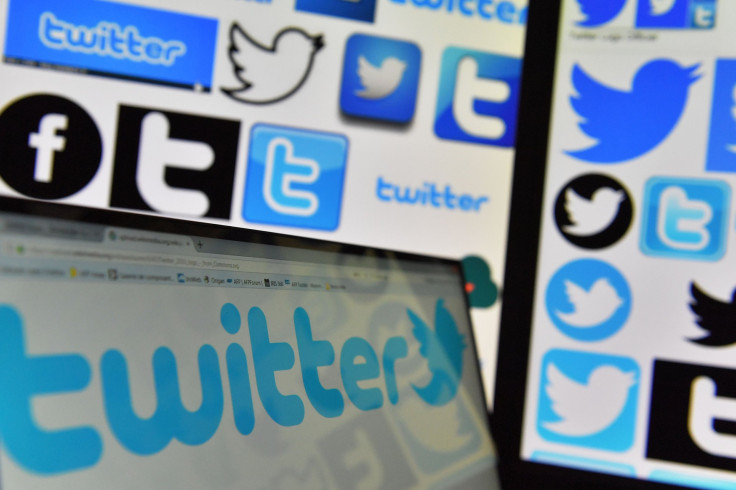Did US Suspend Filipino Tourist Visas Over Coronavirus? Embassy Says It's Fake News

U.S. embassy spokesperson Heather Fabrikant did not mince words on Monday in Manila when she said, "We’re aware of a fraudulent advisory alleging the suspension of all tourist visas and processing. This claim is false.” Fabrikant added that the U.S. visa policy in the Philippines had not changed.
The ersatz advisory that appeared as a screenshot of a fake U.S. Embassy Philippines website on social media, made it seem that the U.S. State Department had ordered its diplomatic mission in Manila to "cancel/revoke all current and existing B1 and B2 visas" of Filipino nationals effective Feb. 15.
The B1 visa is for business while the B2 visa is for pleasure. A B1 visa will allow the holder to visit the U.S. to work on some business-related projects. A B2 visa is basically a tourist visa and allows the holder to travel to and within the U.S. for a broad range of activities.
The fake post went on to say that the U.S embassy would refuse any new tourist visa applications of Filipinos. The reason given was “…due to the security threat of the 2019 NCOV (coronavirus) that may enter the United States from foreign individuals."
Fabrikant said, "Impostors spread misinformation by claiming to be an official U.S. source” adding that the official U.S. Embassy website and official social media platforms “are the best sources for accurate and current information."
The fake post also tried to tie in Philippine President Rodrigo Duterte's decision to terminate the Visiting Forces Agreement (VFA) with the text of the screenshot reading, "….President Rodrigo R. Duterte has initiated the termination of the VFA that will take effect 180 days after receipt of the United States Government of the Letter of Termination. Due to this, the US Department of State shall also suspend all B1/B2 visas indefinitely.”
Duterte’s decision to withdraw from the Visiting Forces Agreement (VFA) was sparked by his anger at those who criticize him over alleged human rights abuses. A senator and former leader of Duterte’s war on drugs, Senator Bato Dela Rosa, had his diplomatic visa to the U.S. revoked over his connections to the drug war raising the ire of the Philippine leader toward the world’s strongest superpower.
The fake post exemplifies how false information can lead to bickering even in the upper echelons of government while the pain is felt by the common citizens who are not aware that the information is not real. In this case, those affected are Filipinos with B1 or B2 visas who need to travel to the U.S. for work, education or to visit relatives.
© Copyright IBTimes 2025. All rights reserved.





















